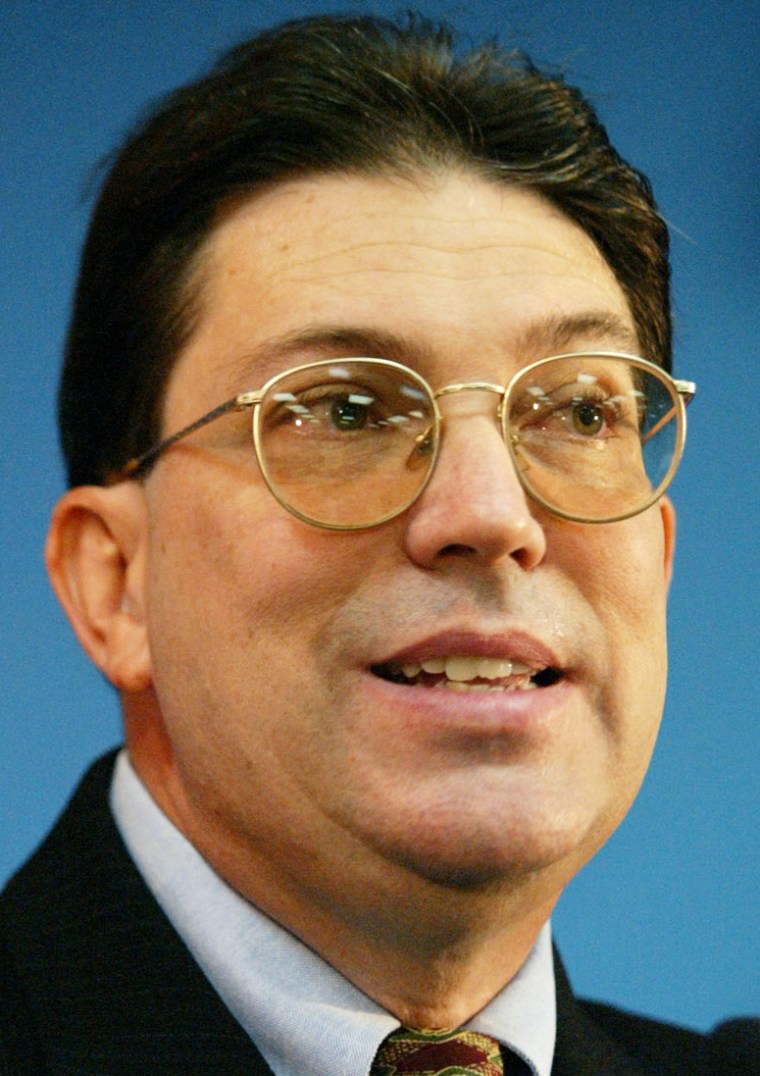The number of Americans traveling to Cuba has fallen dramatically since 2003, and those who do visit the island without their government’s permission are more likely to be fined, Cuba said as it lashed out against a decades-old U.S. embargo.
Vice Foreign Minister Bruno Rodriguez Parrilla lamented the effects of the embargo, which has been steadily strengthened under President Bush and prohibits virtually all trade between the two countries except for the sale of some U.S. food and medicine to the communist-run island.
“We are talking about an economic war against our country,” Rodriguez said Tuesday. “It is unfounded, unfair, and, moreover, deeply illegal.”
U.S. officials defend the embargo, saying unfettered trade and travel to the island would prop up Fidel Castro’s government. The imprisonment of dissidents and restrictions on economic and political freedoms justify the policy, aimed at forcing a change in Cuba’s leadership, they say.
50 percent drop in Cuban-American visits
A Cuban report released ahead of an upcoming vote on the embargo at the United Nations said 57,145 Cuban-Americans visited their native country last year, compared with 115,050 in 2003 — a 50 percent drop.
For other Americans, the number of visits fell from 85,809 in 2003 to 51,027 last year, the report said. The numbers continued to decrease in 2005, it said.
At the same time, those who defy U.S. travel restrictions are more likely to be fined under Bush’s government, according to the report.
In the first quarter of 2005, the U.S. Treasury Department’s Office of Foreign Assets Control fined 307 Americans for unauthorized travel to Cuba — almost as many as the 316 people fined all of last year, the report said.
The typical fine for first-time offenders who travel to Cuba is $7,500 each, the Treasury Department office said.
Embargo is nothing new
President John F. Kennedy imposed economic sanctions against Cuba in 1963 during the Cold War with the aim of isolating the Cuban government economically and depriving it of U.S. dollars. Forty years later, President Bush has sought more stringent enforcement of provisions forbidding most travel here.
Critics of the embargo say it is outdated and has not worked because Castro remains in power and the nation is still communist. They also say the United States trades with other communist countries, such as China and Vietnam, and the policy hurts average Cubans more than Castro.
Democrats and free-trade Republicans in the U.S. Congress for years have pushed for easing the sanctions, but they have yet to make headway against an administration determined to keep up the pressure.
U.N. condemns
The U.N. General Assembly has condemned the embargo for 13 straight years and urged the United States to end it. Last year’s U.N. resolution was approved by a 179-4 vote, with only the United States, Israel, Marshall Islands and Palau opposed.
Leading up to this year’s U.N. vote in the fall, Rodriguez presented an extensive document Tuesday outlining the damages Cuba says the embargo has caused to the country’s economy, foreign trade, and health, education and cultural sectors.
Cuban Foreign Minister Felipe Perez Roque was scheduled to launch Tuesday’s campaign himself but had to attend to other business, officials said.
